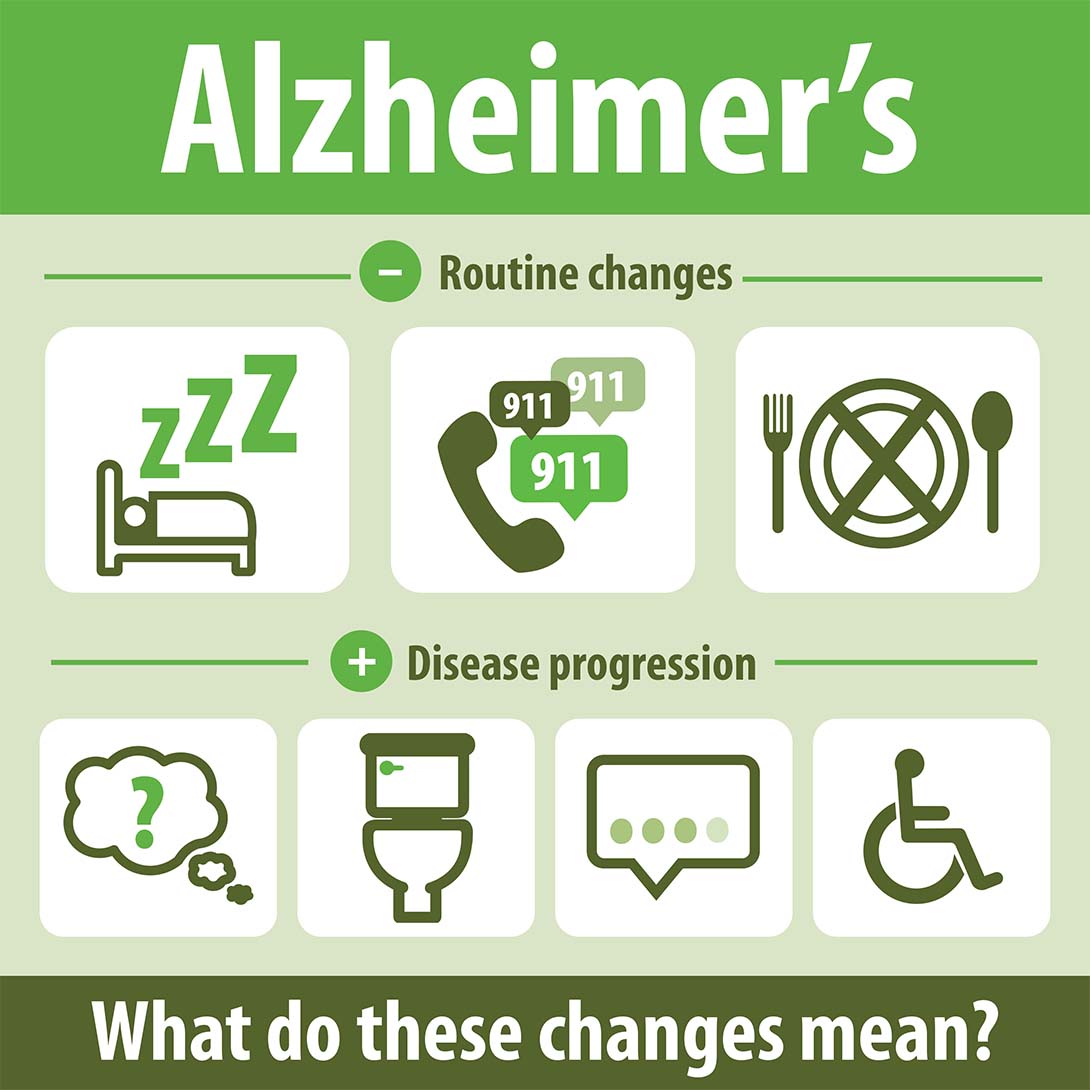Communicating With Dementia Patients Who Don’t Know Your Name

Perhaps no caregiving situation can be more challenging than doing so for a loved one with dementia. Communicating with dementia patients can be difficult, and even more so when it’s your mother, father, grandparent or someone else close to you who doesn’t even remember your name in a particular moment.
The emotions involved add an entirely new layer to the challenge.
Sherry White, Community Educator for Crossroads Hospice & Palliative Care in Memphis, TN knows all too well. She shares a passion for hospice and educating families, caregivers and patients alike on its benefits, plus she knows from personal experience, after caregiving for both of her grandmothers and her father, the ins and outs of communicating with dementia patients who happen to be loved ones.
Communication and Alzheimer’s
The importance of communication and Alzheimer’s go hand-in-hand. When communicating with dementia patients, it’s important to understand:
- The potential for frustration on both ends of the caregiver-patient relationship
- How to avoid that frustration
Avoiding frustration on the end of the caregiver can be just as critical in creating a positive experience as doing so for the patient.
“We have to realize most of these [patients] are unaware that they forgot,” Sherry says. “So we say you have to take them where they are that day because every day is different. They’re the same person but they’re not playing the same role they did yesterday.”
Prevention: The Best Way to Deescalate
A major factor in communicating efficiently with dementia patients is making them feel safe. To them, when they forget, this is an entirely new environment to them, and it can be frightening.
“Most negative behavior from those with cognitive impairment is due to them not feeling safe,” Sherry says. “It’s the basic hierarchy of need.”
There are many ways to deescalate the defensive behavior that can so often come along with the feeling of fright, but Sherry says if you can prevent it in the first place, it’s even better.
“They may have known you all their life, but today they don’t. You have to introduce yourself. You have to smile. Body language is huge with people who are not able to pick up on every other cue. If you were walking into a group of strangers and somebody came at you and looked angry, what’s your first reaction? Be defensive.”
Sherry explains the physical way to approach your loved one, saying, “You have to approach in a slow manner and approach from the front because their peripheral vision has decreased. You need to come from the front in a non-threatening way, speak in a soft voice and remind them who you are.”
If you’re caregiving and communicating with a dementia patient who is a loved one, you’re there to make them calm and comfortable — so be calm and comfortable.
Acceptance and Appreciation
Acceptance is always the most difficult part to grasp for a loved one. It’s something Sherry can relate to.
“One of my grandmothers had eight children and did not recognize any of them. At that point, it’s not important now that you’re her daughter,” she says. “You don’t need to tell her you are because that’s not going to mean a lot to her at that time.”
You’re there to help them. At that moment, the one when they can’t remember you, it’s all that needs to be known to them. The sooner a caregiver can make it about the experience of the patient and less about the experience of feeling hurt by being forgotten, the sooner the caregiver-patient relationship can yield a positive result. Communicating with dementia patients in an effective manner requires effort, patience and understanding on the caregiver’s part.
“It’s usually our own expectations that cause our own disappointments. We want them to be that person that they were, but you just need to learn to let go if they have a disease process like Alzheimer’s,” Sherry explains. “We know it’s progressive. We’re not guessing, we know it is.”
As much as caregivers have to take care of their loved ones and patients, they have to take care of themselves mentally as well. It will surely result in a better outcome for all parties involved.
“There are going to be a lot of special moments,” Sherry says. “You just need to be at peace so you can enjoy them.”
To speak with someone about how Crossroads Hospice & Palliative Care supports families dealing with dementia, please call us at 1-888-564-3405.
When is hospice right for dementia patients? See the hospice eligibility requirements now.
If you found this information helpful, please share it with your network and community.
Copyright © 2016 Crossroads Hospice. All rights reserved.




